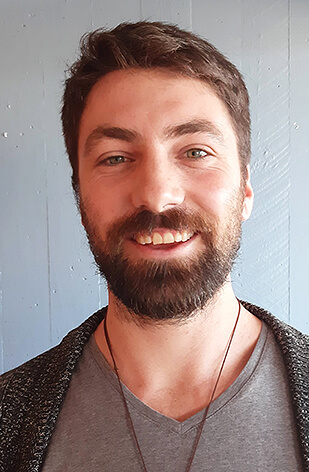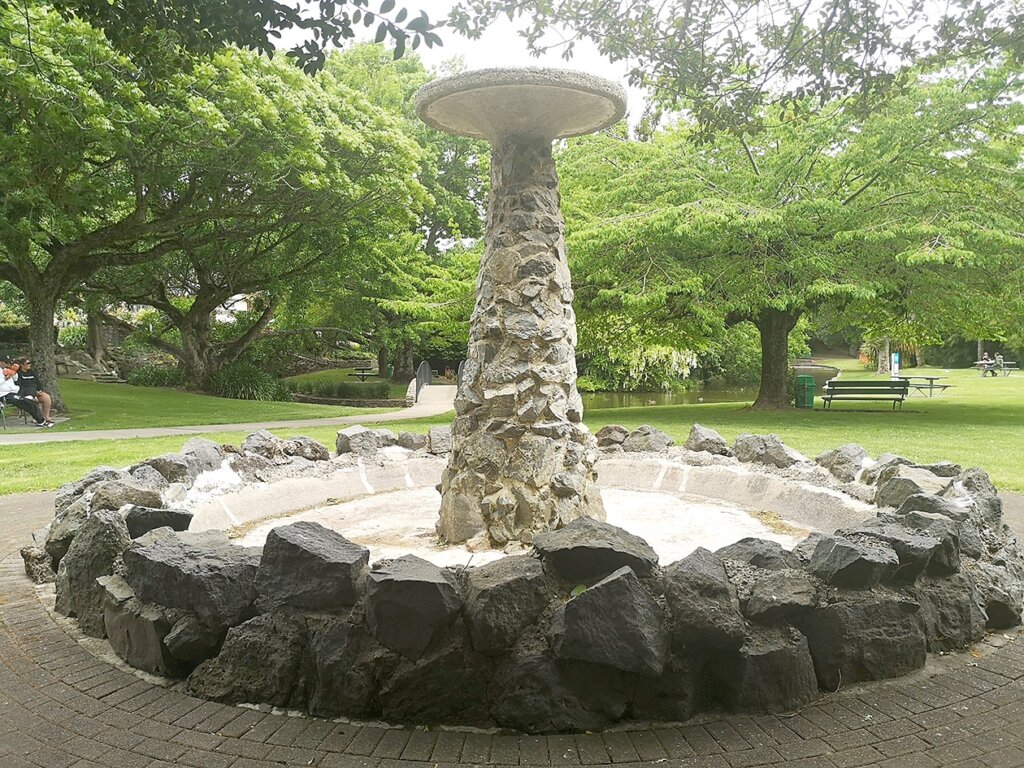I enjoy watching good action movies, often depicting an ex-military or CIA operative who now has to defend his family or country.

Samuel Pullenger
However, I am always struck when a civilian meets them in public and says, “Thank you for your service”. I wonder how often a nurse, doctor or teacher is randomly thanked for their service.
The purpose for the statement is obviously sacrifice – a person who joins the military must be prepared to lose their life on the field of battle to ensure the safety of those at home. Here in New Zealand our military is not idolised. We recognise people for their service, especially when they lose their lives during conflict, but we do not idolise them. This was made extremely clear, in Te Awamutu, in the choices that were made when Memorial Park was designed and created.
Memorial Park includes a big, sunken cross which recognises the people who were killed in WW1 and following wars. As you move toward the centre of the park, though, you find a big fountain – The Peace Fountain.
Rather than exclaiming that peace is bought through war, this fountain gives us a picture of hope for what the future might hold if we are able to refrain from war.

Memorial park in Te Awamutu
The War Memorial Maintenance Committee wrote, “The fountain resides over an area made to provide and enable those qualities” of peace. The picture of peace given is a park with picnic areas, pathways, a playground and a lake. It is a place for people to gather and enjoy being a community.
Memorials are an important part of being human. They allow us to remember. To remember not only the events of war and those who died fighting, but also to remember those who have passed who meant a lot to us. We remind ourselves of their lives and the impact they had on us as well as the community.
The church is founded on a memorial, on the remembrance of Jesus the Christ. However, our remembrance of Jesus is not simply remembering who he was and what he did.
Our remembrance of Jesus encourages us to look toward the future, to find hope in the past and let it guide us into the future. We believe that when God became human, God did so in order that all people may find peace.
In the Bible one of Jesus’ first followers challenges us to be people whose lives are devoted to reconciliation.
When we think about the history and significance of Memorial Park in Te Awamutu we should be led to think about peace. Not peace through war, but peace through a better way – peace through reconciliation.
The challenge for our council is to think about what reconciliation looks like and how to uphold the original intent of Memorial Park. It is also a challenge for the community of Te Awamutu to think about how peace is best symbolised and engaged with, in the form of a park.

Peace Fountain









